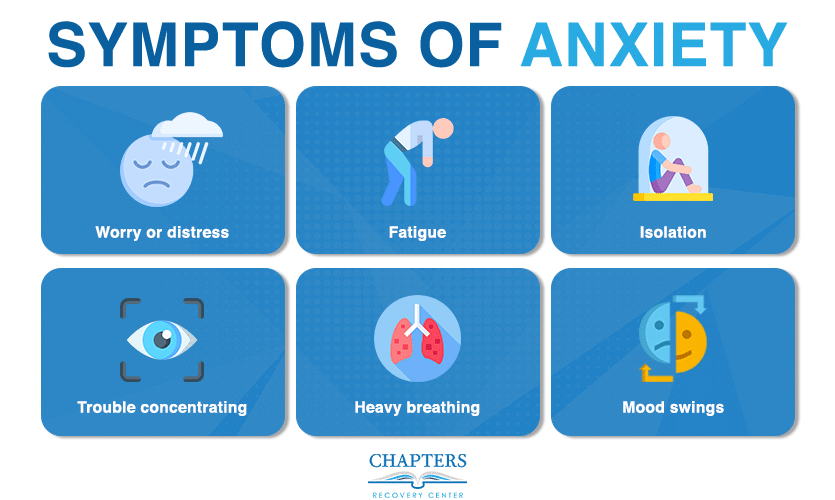Understanding Binge Drinking: Does It Mean You’re an Alcoholic?
Binge drinking is a topic that often sparks debate and concern. While it’s a prevalent behavior, especially in social settings, does it automatically label someone as an alcoholic? To shed light on this, we’ll explore binge drinking, its implications, and its relationship with alcoholism, drawing insights from the Centers for Disease Control and Prevention (CDC) and the Monitoring the Future (MTF) longitudinal survey.
How Do You Know If You’re a Binge Drinker?
Interestingly, most binge drinkers aren’t alcohol-dependent. However, the effects of alcohol from binge drinking can be harmful, increasing the risk of alcohol use disorder. It’s crucial to distinguish between occasional binge episodes and chronic excessive drinking.
Binge Drinker vs. Heavy Drinker: What’s the Difference?
While over 90% of US adults who drink excessively report binge drinking, it’s just one form of excessive drinking. In contrast, heavy drinking is about the consistent, prolonged intake of alcohol.
Is Getting Drunk the same this as Binge Drinking?
Not always. Binge drinking focuses on the amount of alcohol consumed in a specific timeframe. You can binge drink and reach a significant blood alcohol concentration (BAC) without feeling “drunk.” Yet, consistently hitting such BAC levels can lead to health problems and impairments.
A Deep Dive into Binge Drinking Data
- One in six US adults binge drinks, with 25% doing so weekly.
- It’s most prevalent among adults aged 18–34, especially men.
- Those with higher incomes, non-Hispanic Whites, or Midwest residents are more prone to binge drink.
- The risks are vast, from unintentional injuries and violence to chronic diseases and cancers.
The Economic Ripple Effect of Binge Drinking
In 2010, the U.S. felt the economic pinch of excessive drinking, costing a staggering $249 billion. Binge drinking alone accounted for a whopping 77% of these costs.
Binge Drinking and Other Substance Use
The MTF survey unveils a concerning trend: American adults are not only binge drinking but also increasingly consuming marijuana, hallucinogens, and engaging in vaping. Midlife adults, especially those between 35 to 50, report the highest levels of binge drinking.
Preventing Binge Drinking: A Community Endeavor
Evidence-based interventions, as recommended by the Community Preventive Services Task Force, can play a pivotal role. This includes strategies like increasing alcohol taxes, regulating retail alcohol outlets, and enforcing underage drinking laws.
The Science Behind Binge Drinking
The National Institute on Alcohol Abuse and Alcoholism (NIAAA) paints a clear picture: binge drinking means your BAC hits 0.08% or higher. This typically translates to consuming large amounts of alcohol in a short period. The effects of alcohol, especially when consumed in such large quantities, can be detrimental, leading to a myriad of health issues.
For a deeper dive into the science of binge drinking, resources on staywellsolutionsonline.com and oumedicine.com can be invaluable.
Community and Policy Interventions
Curbing binge drinking isn’t just an individual’s responsibility; it’s a community’s. By regulating alcohol sales, implementing pricing strategies, and promoting responsible drinking, communities can make a significant difference. For those grappling with alcohol misuse, alcoholrehabhelp.org offers a beacon of support and resources.
Simple Steps to Reduce Binge Drinking
Start with Awareness:
Firstly, it’s essential to be aware of how much you’re drinking. Often, we might not realize how quickly drinks add up over an evening. By keeping track, you can better gauge your intake.
Set Limits:
Next, before you start drinking, set a limit for yourself. Decide how many drinks you’ll have and stick to it. This simple step can prevent unintentional overindulgence.
Opt for Alternatives:
Additionally, consider non-alcoholic beverages. There’s a growing market for alcohol-free beers, wines, and cocktails. These can give you the social experience of drinking without the alcohol content.
The Role of Friends and Family
Be Supportive:
Firstly, if you notice a loved one binge drinking, approach the topic with care and understanding. Criticism or judgment can push them away. Instead, express your concerns gently and offer support.
Plan Alcohol-Free Activities:
Moreover, consider planning activities that don’t revolve around alcohol. Whether it’s a movie night, a day at the park, or a board game evening, there are countless ways to socialize without drinking.
Listen
Sometimes people have very stressful jobs and lives in general. It can be very helpful to offer an ear to a friend who may need to talk about their concerns about their drinking.
Stay Informed:
Lastly, educate yourself about the risks of binge drinking. The more you know, the better equipped you’ll be to help yourself or someone else. Websites like this blog post or alcoholrehabhelp.org are great places to start.







